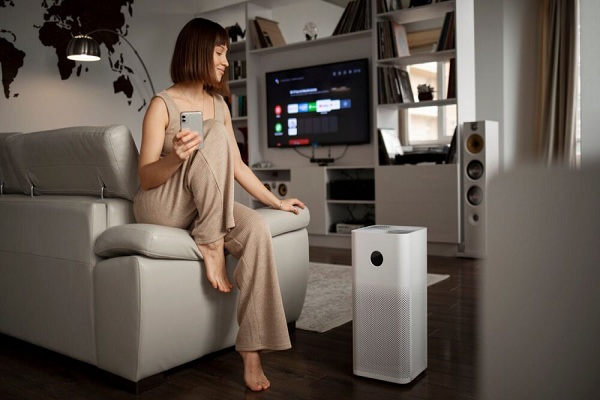As technology continues to advance, the demand for high-quality home theater systems has increased. With the investment you put into your home theater, it's important to protect it and ensure it performs at its best. That's where a home theater power manager basically comes in. In this article, we'll discuss how a home theater power manager can help you maximize performance and protect your equipment.
What is a Home Theater Power Manager?
A home theater power manager is a device designed to regulate the power flowing into your home theater system. It acts as a buffer between the power outlet and your equipment, filtering out any electrical noise or surges that can negatively impact performance or damage your equipment.
Maximizing Performance with a Home Theater Power Manager:
One of the most significant benefits of a home theater power manager is its ability to maximize performance. The power that comes from your electrical outlet may not be entirely stable, with occasional spikes or dips that can cause your equipment to malfunction or under perform.
A home theater power manager can regulate the power flowing into your equipment, ensuring a consistent and stable flow. This consistency can result in better picture and sound quality, as well as an overall improvement in performance.
In addition to regulating power, some home theater power managers also come with features that improve performance, such as voltage regulation and noise reduction. These features can make a noticeable difference in your home theater experience, providing a more immersive and enjoyable viewing and listening experience.
Protecting Your Equipment with a Home Theater Power Manager:
Another critical benefit of a home theater power manager is its ability to protect your equipment. Electrical surges and spikes can cause significant damage to your home theater system, resulting in expensive repairs or replacements.
A home theater power manager can filter out these surges and spikes, preventing them from reaching your equipment. Some power managers even come with additional surge protection, providing an extra layer of defense against power-related damage.
In addition to protecting against surges and spikes, a home theater power manager can also protect against voltage drops. Low voltage can cause equipment to malfunction or even fail, and a power manager can ensure that your equipment receives the proper voltage to operate correctly.
Choosing the Right Home Theater Power Manager:
When it comes to choosing the Best Home Theater Power Manager, there are several factors to consider. First and foremost, you'll want to ensure that the power manager can handle the power demands of your equipment. Look for a power manager that has enough outlets for all your equipment and can provide sufficient wattage.
Additionally, consider the features that come with the power manager. Some power managers come with additional features such as surge protection, noise reduction, and voltage regulation. Determine which features are most important to you and look for a power manager that offers those features.
Finally, consider the price of the power manager. While a high-end power manager may offer more features and better performance, it may not be necessary for your specific needs. Determine your budget and look for a power manager that offers the features you need within your price range.
Some Types of home theater power manager
Basic surge protectors: These power managers are the simplest and most affordable option. They protect your home theater equipment from power surges and voltage spikes.
Smart surge protectors: These power managers come with additional features such as USB ports, network connectivity, and app control. They allow you to monitor and control your home theater equipment from your smartphone or tablet.
Battery backup power managers: These power managers provide backup power in case of a power outage. They usually have enough battery capacity to keep your home theater equipment running for a few minutes, allowing you to safely shut down your equipment.
Power conditioners: These power managers provide both surge protection and noise filtering to ensure that your home theater equipment receives clean and stable power. They can improve the audio and video quality of your home theater system.
Power sequencers: These power managers turn on your home theater equipment in a specific order to prevent power surges and voltage spikes. They also help prolong the life of your equipment by reducing wear and tear on the components.
Integrated power managers: These power managers are built into home theater furniture or equipment, such as a media console or AV receiver. They provide surge protection, noise filtering, and power management in one convenient package.
Conclusion:
Investing in a home theater system is a significant expense, and it's essential to protect and maximize its performance. A home theater power manager can help you achieve both goals by regulating power and protecting against electrical surges and spikes.
When choosing a home theater power manager, consider factors such as power capacity, features, and price to find the right fit for your needs. With the right power manager, you can enjoy better performance and peace of mind knowing your equipment is protected.
